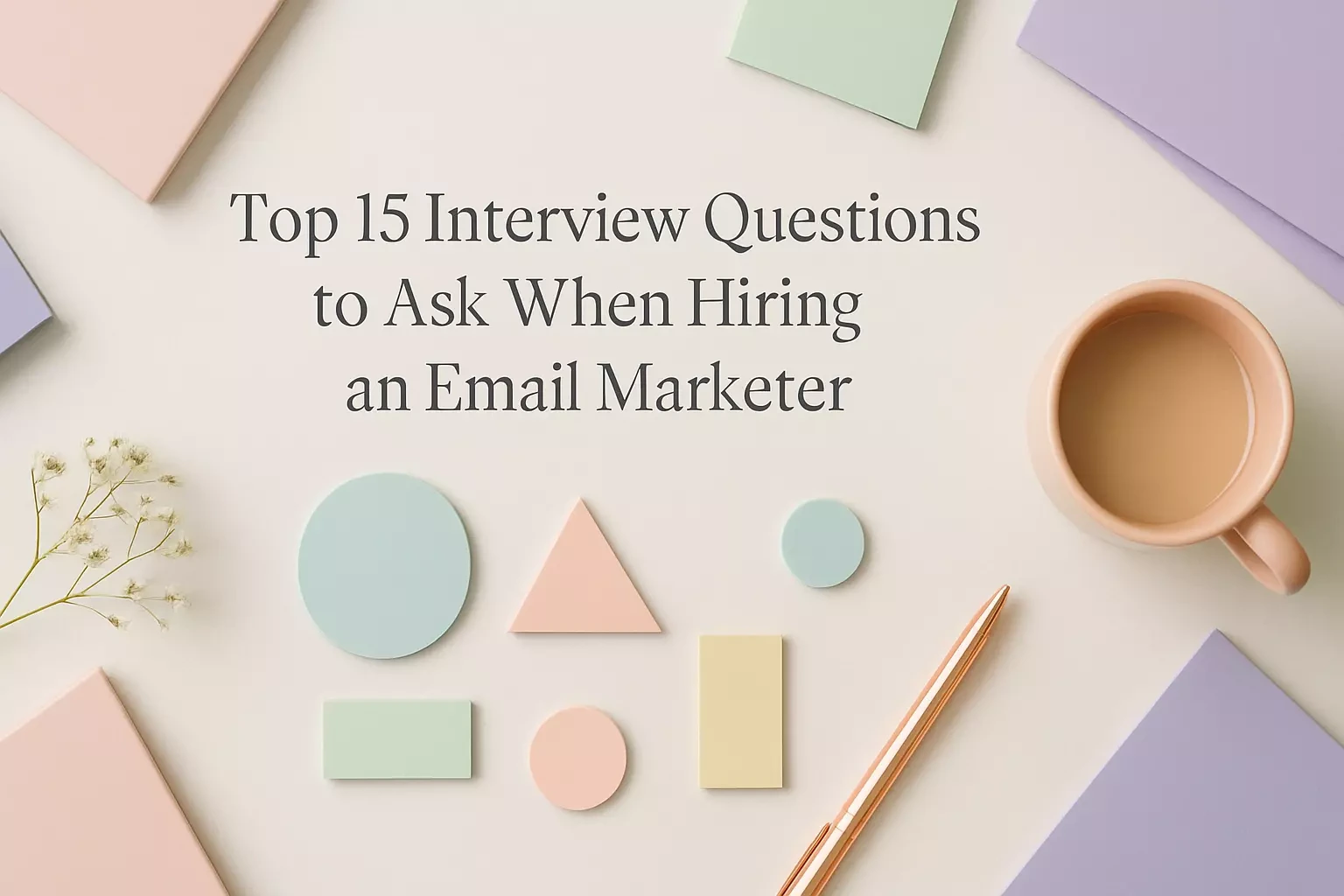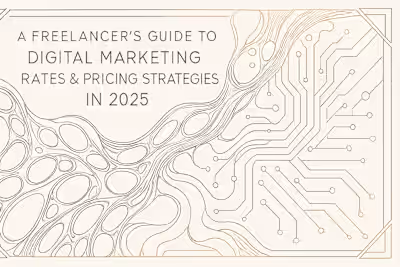Top 15 Interview Questions to Ask When Hiring an Email Marketer

Top 15 Interview Questions to Ask When Hiring an Email Marketer
Questions About Strategy and Experience
1. Can you describe a successful email campaign you managed from start to finish?
2. How do you approach audience segmentation and personalization?
3. How do you stay updated on the latest trends and best practices in email marketing?
4. Tell me about a campaign that didn't perform as expected. What did you learn?
Questions About Technical and Analytical Skills
5. What email marketing platforms and tools are you most familiar with?
6. Which email marketing metrics do you consider most important and why?
7. How do you approach A/B testing?
8. How do you ensure email deliverability and handle spam complaints?
9. How do you ensure compliance with regulations like GDPR and CAN-SPAM?
Creative and Situational Questions
10. How do you create a compelling email subject line?
11. What brands do you think are doing email marketing well right now, and why?
12. How would you go about growing our email subscriber list?
13. How would you work with our design and content teams to create a campaign?
14. What interests you most about this specific email marketing role at our company?
15. Where do you see email marketing heading in the next 3-5 years?
References
Top 15 Interview Questions to Ask When Hiring an Email Marketer
Questions About Strategy and Experience
1. Can you describe a successful email campaign you managed from start to finish?
2. How do you approach audience segmentation and personalization?
3. How do you stay updated on the latest trends and best practices in email marketing?
4. Tell me about a campaign that didn't perform as expected. What did you learn?
Questions About Technical and Analytical Skills
5. What email marketing platforms and tools are you most familiar with?
6. Which email marketing metrics do you consider most important and why?
7. How do you approach A/B testing?
8. How do you ensure email deliverability and handle spam complaints?
9. How do you ensure compliance with regulations like GDPR and CAN-SPAM?
Creative and Situational Questions
10. How do you create a compelling email subject line?
11. What brands do you think are doing email marketing well right now, and why?
12. How would you go about growing our email subscriber list?
13. How would you work with our design and content teams to create a campaign?
14. What interests you most about this specific email marketing role at our company?
15. Where do you see email marketing heading in the next 3-5 years?
References
Posted Jun 14, 2025
Don't just hire any email marketer. Ask these 15 strategic interview questions to assess their skills in strategy, data, creativity, and compliance.










